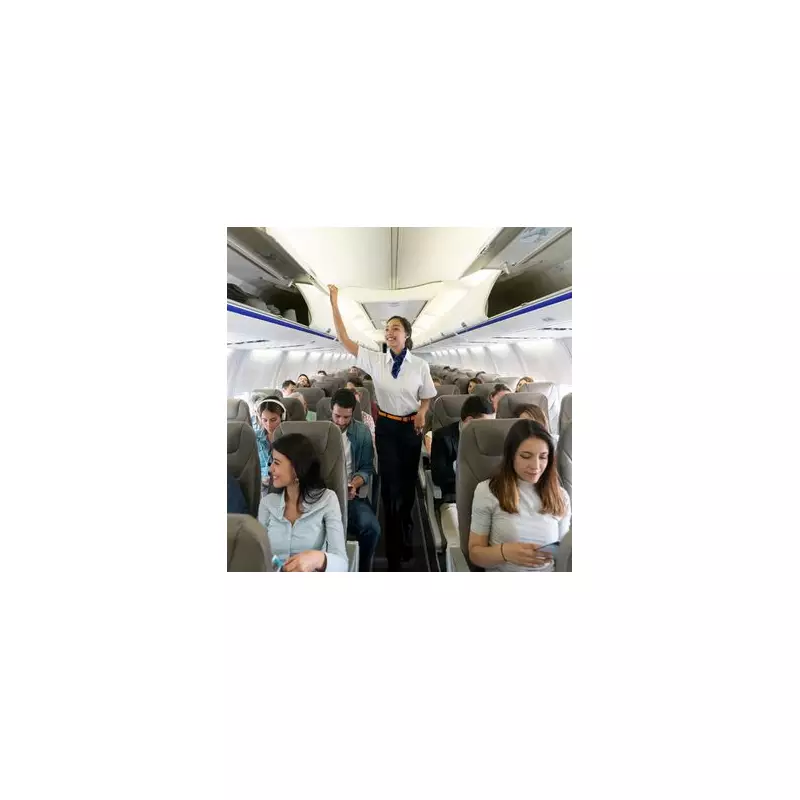
Ever wondered what those mysterious chimes mean mid-flight? Or why the crew sometimes seem to be speaking in code? A veteran flight attendant has pulled back the curtain on the hidden world of cabin crew etiquette, sharing the unspoken rules that govern life at 35,000 feet – and how passengers can use them to their advantage.
The Secret Language of the Cabin
According to the insider, the series of dings and chimes passengers hear aren't random. They are a sophisticated communication system for the crew. "The number of chimes tells us everything," the attendant explained. "It can signal everything from turbulence ahead and crew breaks to more urgent situations that require immediate attention."
Why You Should Think Twice About Your In-Flight Drink
In a revelation that will give many pause, the attendant advised against ordering hot drinks, especially tea and coffee. "The water used for these drinks comes from the plane's tanks, which aren't cleaned as often as you might think," they revealed. Opting for a sealed bottled water or a canned soft drink is a far safer bet for the hygiene-conscious traveller.
The Golden Rule of Boarding
One of the biggest frustrations for cabin crew is the boarding process. The attendant pleaded with passengers to let those in the back rows board first. "It causes immense congestion when someone in row 3 stops to put their bag in the overhead locker, completely blocking the aisle for the 50 people behind them who need to get to their seats."
Your Seat Recline Isn't a Right
While you might be entitled to recline your seat, that doesn't mean you always should. The flight attendant urged for courtesy, especially during meal services. "There's nothing worse than trying to serve a hot meal to the passenger behind when the seat in front is fully reclined. It's a recipe for spills and accidents."
The Truth About Onboard Cleanliness
Perhaps the most sobering advice was to never walk around the cabin barefoot. "Spills aren't always cleaned up immediately, and that liquid on the floor might not be water," the attendant warned. They also highlighted that the seat-back pockets are "the dirtiest place on the plane," often used to store used tissues, rubbish, and even nappies.
By understanding these hidden rules of the sky, passengers can ensure a more pleasant and respectful journey for themselves, the crew, and everyone else on board.





